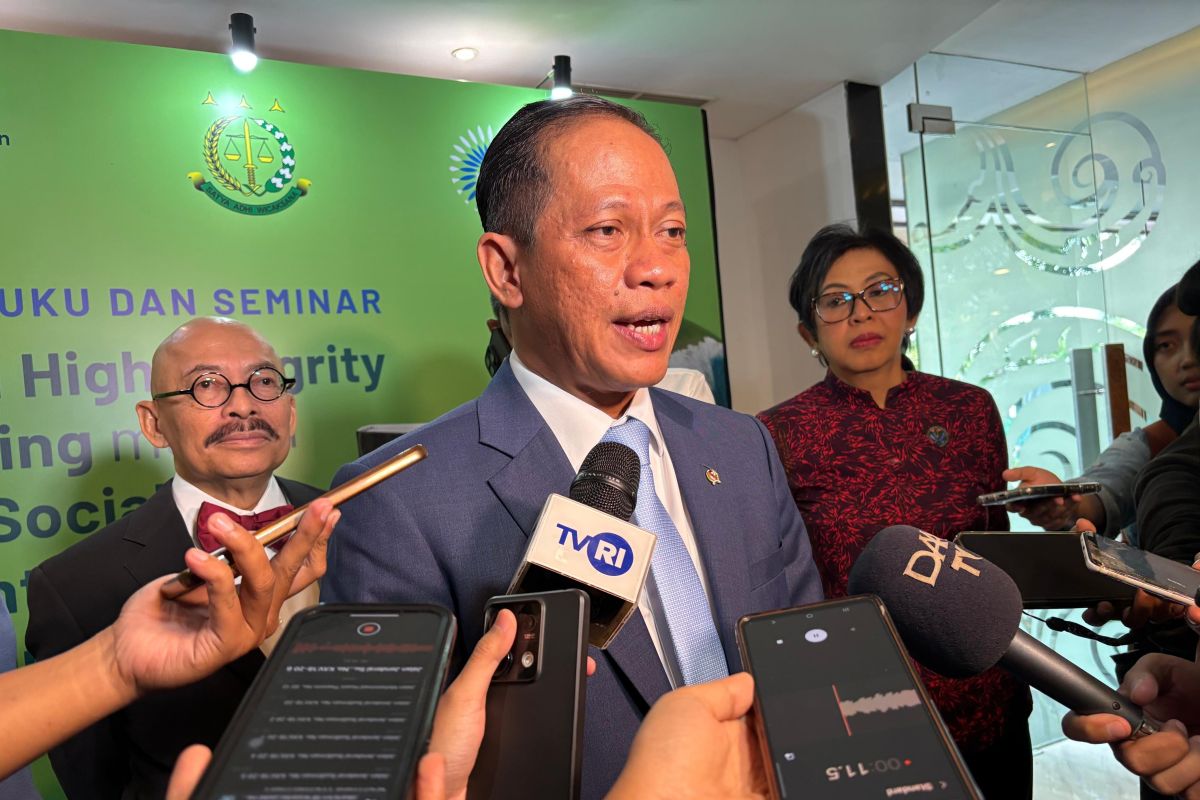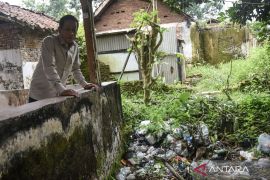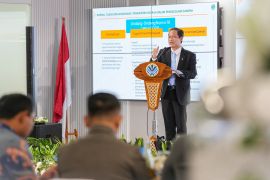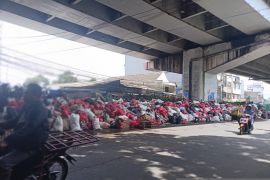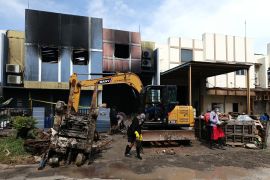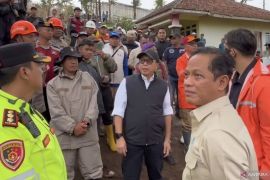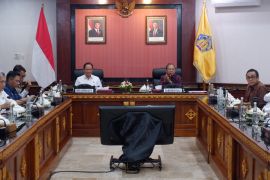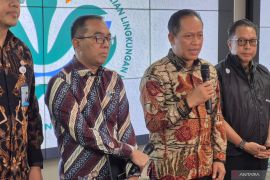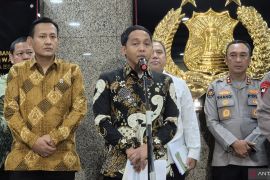The implications of declaring a waste emergency, as outlined in the Presidential Regulation, highlight the need for urgent action,Jakarta (ANTARA) - Jakarta is now entering a state of waste emergency, requiring serious action to reduce its waste production, Environment Minister Hanif Faisol Nurofiq stated.
The government has issued Presidential Regulation Number 109 of 2025 concerning the Management of Urban Waste Processed into Renewable Energy Based on Environmentally Friendly Technology, which stipulates the minister’s authority to determine a waste emergency status.
“Jakarta has entered a waste emergency, and I signed the decision regarding the waste emergency as mandated by the Presidential Regulation on Tuesday,” Nurofiq said here on Wednesday.
He added that Bandung City has also entered a waste emergency state, and the West Java Governor must immediately address the issue.
The implications of declaring a waste emergency, as outlined in the Presidential Regulation, highlight the need for urgent action, particularly in developing waste processing facilities that utilize environmentally friendly technology, the minister emphasized.
According to him, the Jakarta and Greater Bandung areas are not yet included in the seven recommended waste-to-energy (PSEL) project locations submitted by the Ministry of Environment to Danantara.
Although these two regions generate significant volumes of waste daily, several requirements for PSEL development remain unmet, including the availability of land and water necessary for operations, Nurofiq explained.
Data from the Ministry of Environment’s National Waste Management Information System (SIPSN) show that Jakarta generated 8,600 tons of waste per day in 2023, amounting to 3,141,650 tons throughout the year.
During the same period, West Java Province generated 22,019 tons of waste per day. Specifically, Bandung City generated 1,609 tons per day, Bandung District 1,301 tons, and West Bandung District 742 tons, with the province’s total waste generation reaching 8,037,083 tons in 2023.
The minister reminded that the waste-to-energy (PSEL) initiative will not instantly solve the country’s waste problem, as the program is projected to reduce only about 33,000 tons per day from the national total of 143,000 tons per day.
“We still have to manage 100,000 tons per day. This includes collaboration with the RDF (Refuse-Derived Fuel) program in the cement industry. We will also expand this effort by constructing medium- and small-scale facilities across the country,” he noted.
Related news: Jakarta, Danantara seal technical deal on waste-to-energy plant
Related news: Minister urges students to avoid plastic waste, use tumblers daily
Translator: Prisca Triferna Violleta, Resinta Sulistiyandari
Editor: M Razi Rahman
Copyright © ANTARA 2025
